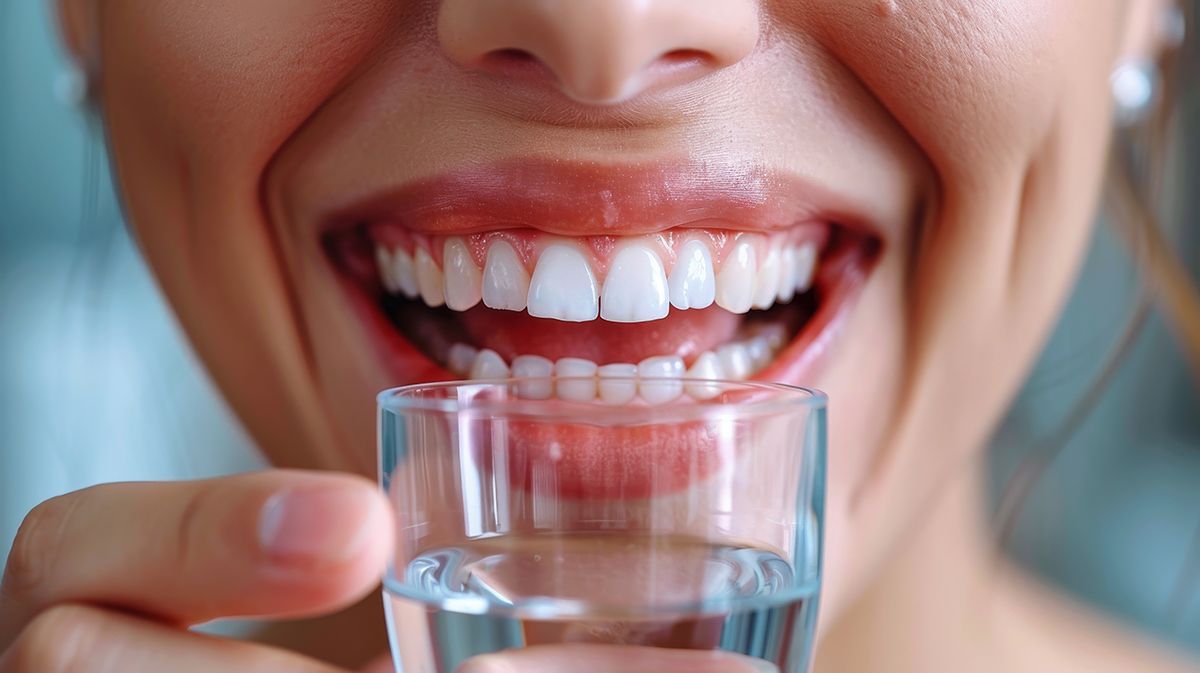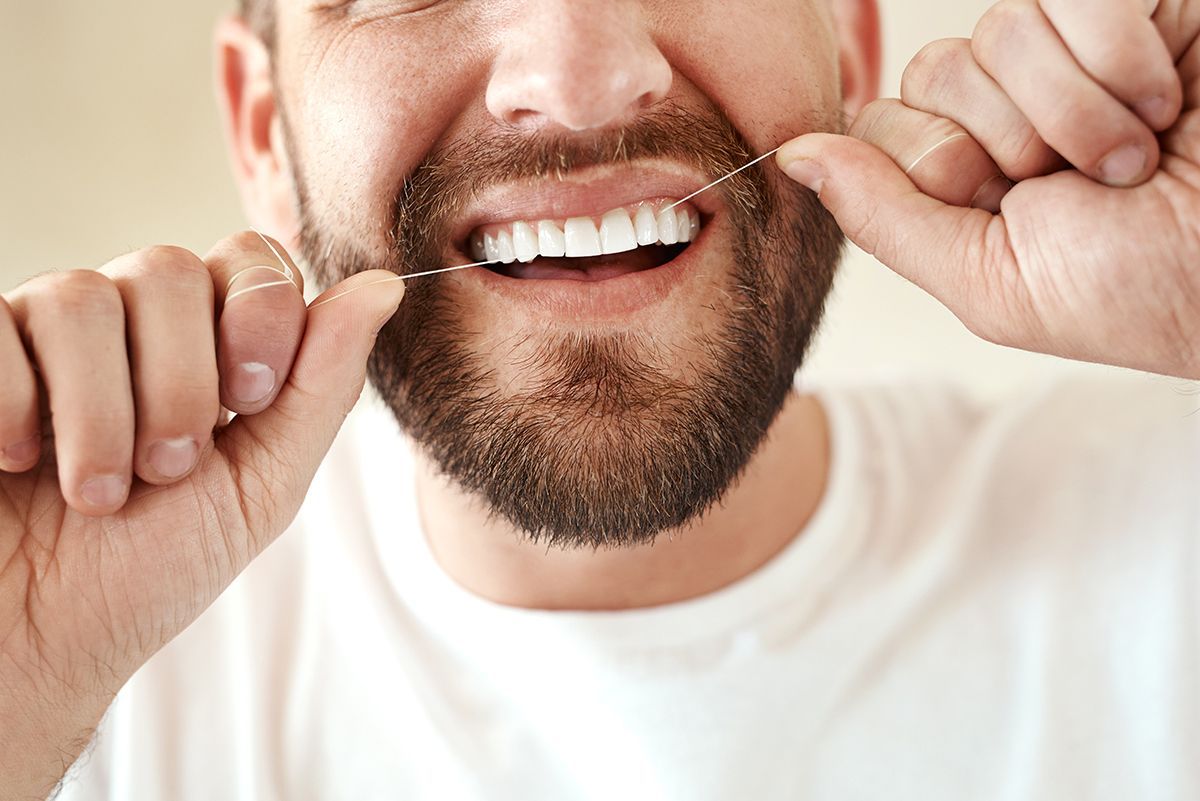What to do in a Dental Emergency
As a country, we are very well educated on the steps we need to take in a medical emergency, but when it comes to urgent dental concerns, very few know exactly what should be done. However, dental emergencies are just as serious as any other health concern and should be treated with the utmost seriousness because they can very quickly progress.
At
Oadby Dental Clinic, we have seen patients with dental emergencies of varying levels of severity, and for that reason we know that staying calm whilst swiftly taking the appropriate steps can make all the difference to future dental health. To do this, you need the right information.
Common Dental Emergencies
1. Broken tooth
A broken tooth isn’t always considered a dental emergency and the action you take will depend on its severity. If you have chipped the top of the tooth and experience little to no pain, then you may not need to see a dentist immediately.
However, you will need to see a dentist as soon as possible if the break is:
- Severe or sensitive
- Sharp
- Agitating your gum
- Impacting your ability to eat
In this instance, you should contact an emergency dentist immediately and purchase an emergency dental kit. You will be able to use dental cement on the tooth to prevent major damage in the meantime. Follow the instructions on the kit carefully to avoid making the break any worse.
Major breaks can cause nerve damage and infection so it’s important to have them looked at swiftly.
2. Knocked out tooth
If you knock out a tooth then you need to act now. We understand that you will panic, as losing a tooth is painful and the impact can be devastating, but if acted upon quickly, a dentist may be able to reinsert the tooth.
This is why you need to contact an emergency dentist immediately, and avoid going to A&E unless you have no other choice.
3. Severe toothache
Toothache is a dental emergency that is often ignored until the problem worsens, but if you have persistent or painful toothache, then something is seriously wrong.
Toothache can be caused by:
- Infection
- Tooth decay
- Fractures
- Abscess
Although in these instances, you may be able to wait a day or two before treatment, infections can spread quickly and pain is known to spread to the tongue, jaw, head and sinuses from even minor abscesses.
The sooner this is treated, the less pain you will be in.
4. Gum abscess
Dental abscesses aren’t just inflammation, they are serious infections in the roots of teeth that cause pain, fever, swelling in the mouth (beyond the impacted area), bad taste in the mouth that doesn’t go away with brushing, and head pain.
Abscesses progress at a faster rate than infections and if left untreated, can quickly spread to other facial tissues and the jaw. If you suspect you have an abscess, call an emergency dentist straight away.
They will likely prescribe antibiotics, or recommend further treatment like a root canal if the abscess has spread.
Until you are able to see a dentist, make sure you:
- Wash your mouth with salt water at regular intervals
- Use a cold compress to aid the swelling
- Take painkillers from home
5. Lost filling or crown
A lost filling or crown should be treated quickly, but it can be kept in place with dental cement from an emergency dental kit until you are able to see a dentist. Even if this has caused you no pain or discomfort, you will need to contact a dentist to have it replaced or inspected.
We recommend keeping your crown and keeping it safe until your appointment if you are unable to reattach it.
6. Heavy bleeding from gums
Light bleeding from gums is not always an emergency as it can be caused by gum disease. This is due to bad oral hygiene and can easily be treated and prevented with a good cleaning routine, or professional clean at the dentist if the condition has progressed.
Heavy or unstoppable bleeding, however, especially centred in a specific point in the mouth, is a dental emergency. If this is following an injury, you may need immediate dental surgery.
What to expect in an emergency dental appointment
During an emergency dental treatment, you will be subjected to a number of scans and inspections to diagnose the problem, depending on your symptoms. These include external visual exams and x-rays.
You will then be recommended treatment, including immediate pain management and antibiotics. Sometimes, temporary treatment may be required. For example, if you have lost a filling, a temporary filling may be put in place until you can see your dentist for a permanent replacement.
If the emergency is serious, then surgery such as a root canal, tooth extraction, or reimplantation of a tooth may occur. This entirely depends on the severity of your condition.
You will then be given aftercare advice, which may include visiting your regular dentist for further inspections.
How to prevent dental emergencies
In most instances, dental emergencies can be easily prevented with the right precautions. These include:
- Practicing good oral hygiene:
Brush your teeth twice a day with flossing and mouthwash incorporated into your daily routine.
- Wearing a mouthguard:
If you are engaging in contact sports, protect your teeth using a gum guard. You can have these fitted by your dentist for better protection.
- Have minor issues seen to: Commonly, dental emergencies are caused by negligence surrounding small dental issues. Mild toothache can be treated painlessly before it escalates into a major infection.
- See your dentist regularly: It is recommended that you see your dentist every two years, and this can act as a preventative measure. Oral issues can be caught early.
How expensive are emergency dental appointments?
If you have an emergency treated through the NHS, then the appointment will be free of charge. Private dental clinics will have differing prices, and should give you the initial cost of appointment when you phone them.
If in doubt, always ask your dentist how much the appointment and treatment will be. If you have private medical insurance, emergency dental treatment might be covered in your plan.
When to go to A&E for a dental emergency
If the bleeding is uncontrollable: If you are bleeding excessively and are unable to control it from home, go straight to A&E.
Swelling in your face:
Facial swelling is a sign that an infection or abscess has progressed beyond your mouth and requires immediate treatment. If you’re struggling to breathe or swallow, do not hesitate to go to A&E.
Fever: Signs of sepsis, heavy breathing, confusion or fever likewise need immediate treatment. Don’t wait for 111 as this is serious.
Facial trauma: If you’ve had an injury that’s caused facial trauma or a fracture or break in your jaw, this needs to be treated straight away to prevent infection and reset the bone.
Post operative dental emergencies
In some cases, you may require emergency dental treatment following an operation, although this is very rare if you received your care from experienced dentists.
For advice on what to do in a post operative dental emergency, visit our
Emergency Dentists page where we’ll walk you through the steps you need to take.
Can you manage a dental emergency from home?
Dental emergencies shouldn’t be managed from home, but there are things you can do to prevent them from escalating while you wait for your appointment. This includes building an emergency dental kit with dental wax, painkillers, dental cement, sterile gauze and a cold compress.
These should be applied as indicated for the dental emergencies listed above, but should never become a substitute for actual dental care.
Even if the pain reduces with over the counter painkillers and a salt water wash, you must still book an emergency appointment with your dentist to receive proper diagnosis and treatment.
At
Oadby Dental Clinic, we are able to see patients on the same day if you contact us in the morning. If you have been experiencing signs of a dental emergency that doesn’t require a trip to A&E, then we can provide the care you need.
Outside normal working hours, please phone 111.
0116 3501531 | enquiries@oadbydentalclinic.co.uk


We always try to see our patients on time. However, there are times when you may be kept waiting. There is normally a good reason for it, and we do appreciate your patience. If you have to cancel an appointment, please give us as much notice as possible, and preferably no less than 24 hours or else charges may apply. if the appointment is a longer appointment we will require at least 48 hours notice for cancellations. We make a charge for private appointments broken without notice/insufficient notice. For NHS appointments, we will no longer offer any future appointments if you miss 2 appointments in any one rolling year, or cancel without appropriate notice.
For all new patient appointments a £50.00 deposit will be taken.

